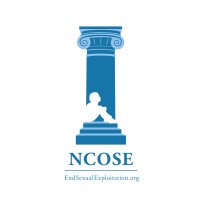
Rights & Democracy Project
Our mission is to bring people together to take action to build healthy communities and make the values of our communities guide the policies of our government. We are building a popular movement to advance rights and build a real democracy. We work in partnership with community groups, progressive unions, faith communities, organizations fighting for human and civil rights, and environmental and climate action groups.






